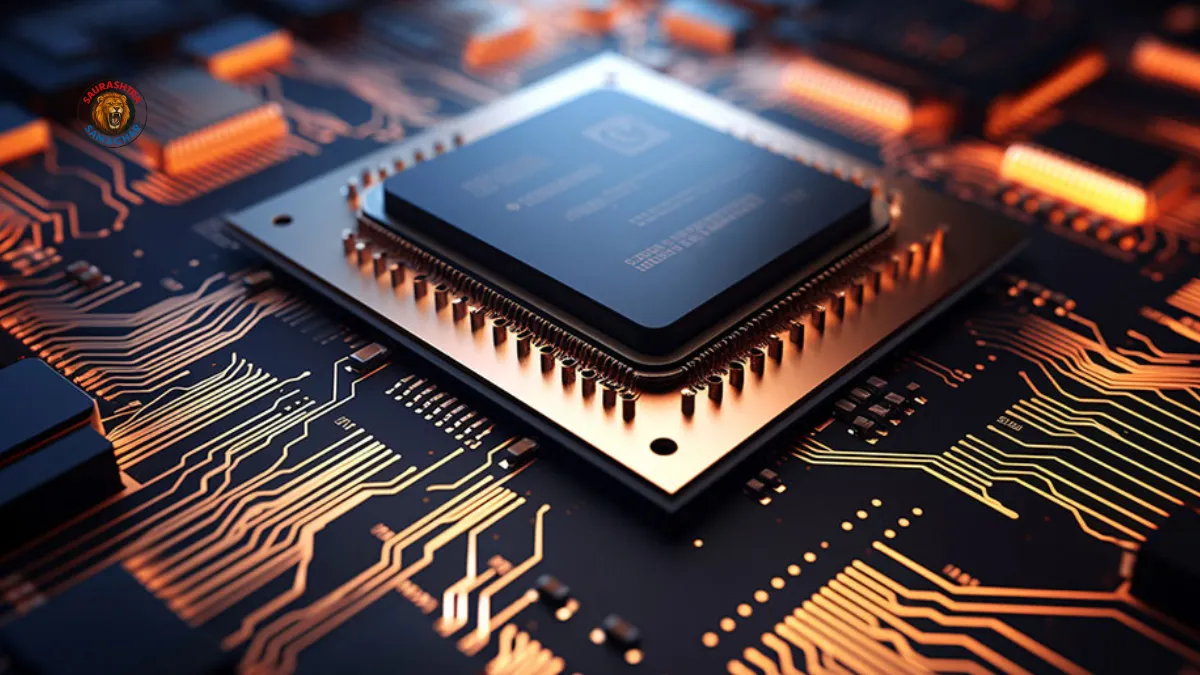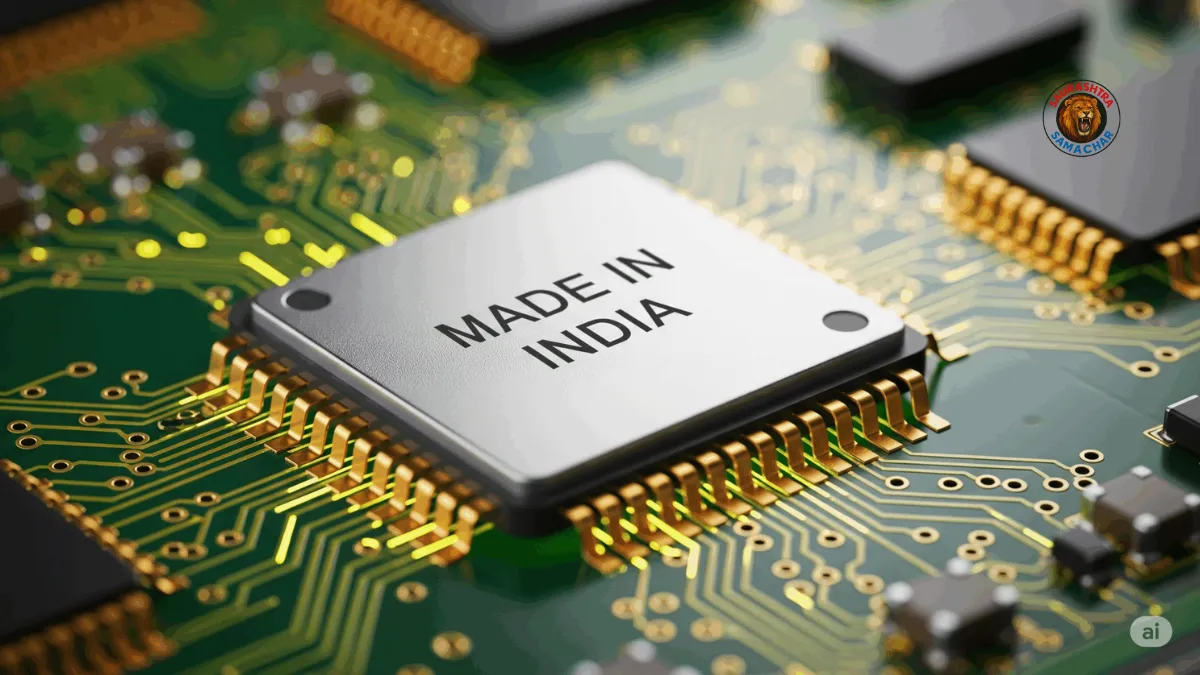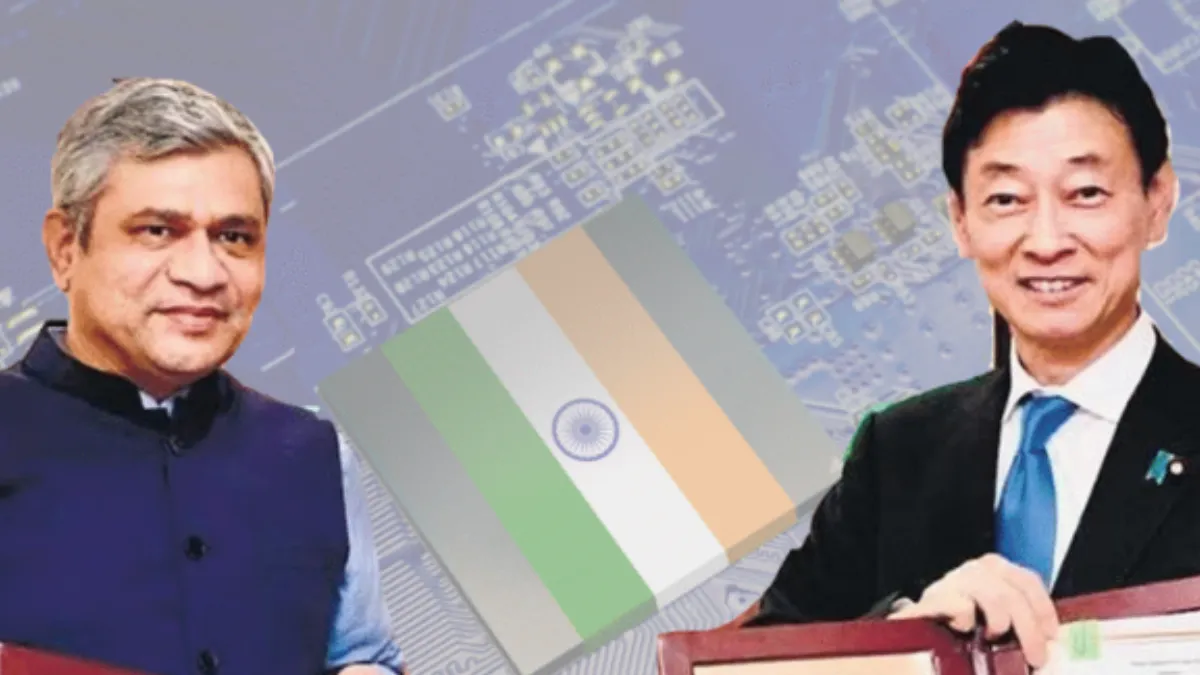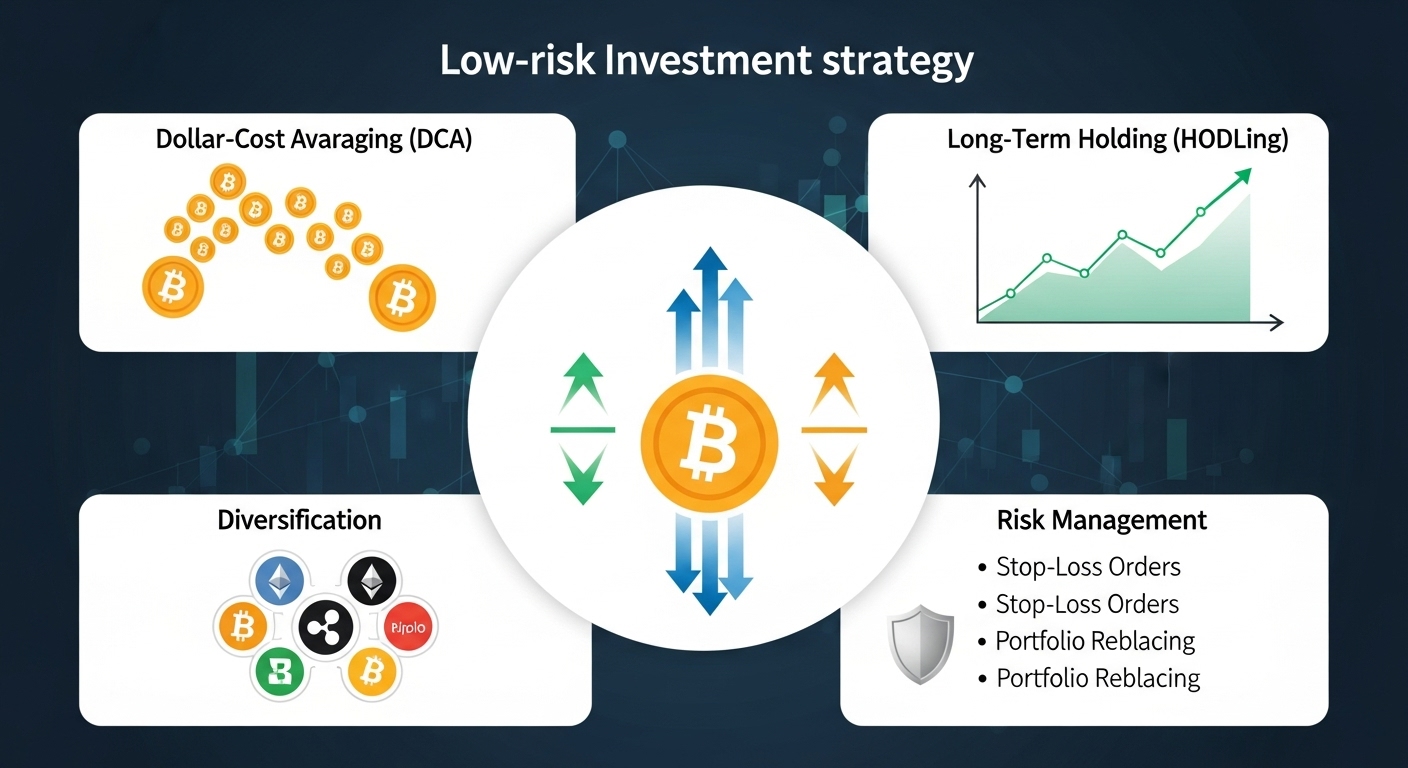Dholera, Gujarat – In a major step toward strengthening India’s semiconductor ecosystem, Nextgen Semiconductor has announced plans to raise ₹1,000–1,500 crore in the next 12 months. The fundraising will be carried out through a combination of equity and structured instruments, with the funds directed towards building a fully integrated Silicon (Si) and Silicon Carbide (SiC) power semiconductor platform in Dholera, Gujarat.
The company, which is backed by a consortium of Indian and global investors, has committed to investing more than ₹8,800 crore in phases. This ambitious project aims to position India as both a consumer and a global supplier of semiconductor devices, especially in high-demand sectors such as electric vehicles (EVs), renewable energy, data centers, and industrial electronics.
The Fundraising Roadmap
Nextgen Semiconductor confirmed that the initial ₹1,000–1,500 crore would be raised over the next year. The funding will support land development, technology integration, and the early stages of the fabrication unit at Dholera.
According to company officials, this phase will lay the groundwork for the large-scale manufacturing unit, which requires cutting-edge cleanroom facilities, advanced process technologies, and global-standard infrastructure.
The company’s management highlighted that the chosen fundraising strategy—through a mix of equity and structured instruments—will allow flexibility while bringing in both domestic and international stakeholders.
Dholera: The Chosen Hub
The Dholera Special Investment Region (SIR) in Gujarat has rapidly emerged as India’s most promising location for advanced technology industries. Known for its planned infrastructure, reliable power supply, and proximity to major ports, Dholera offers the right ecosystem for large-scale semiconductor fabrication units (fabs).
Nextgen Semiconductor has already secured land allocation at the site. Project work is expected to begin by April 2026, with the facility targeted to be commissioned within 15 months of construction commencement.
Industry experts note that Dholera’s location makes it ideal for semiconductor production, as it provides easy connectivity to supply chains, ports, and research hubs.
The India Semiconductor Mission (ISM) Connection
The proposed project is currently under review by the India Semiconductor Mission (ISM), the government’s flagship initiative aimed at building a robust semiconductor and display manufacturing ecosystem.
The Indian government has already rolled out production-linked incentive (PLI) schemes, offering billions in subsidies to encourage semiconductor manufacturing in the country. If approved, Nextgen Semiconductor’s project could become one of the first large-scale Si and SiC fabs in India.
By aligning with ISM, Nextgen is positioning itself to receive both policy support and international collaborations.
Technology Focus: Silicon (Si) and Silicon Carbide (SiC)
Unlike traditional silicon-based semiconductors, Silicon Carbide (SiC) technology offers higher efficiency, better thermal conductivity, and superior performance in high-voltage applications. This makes SiC devices particularly suitable for:
- Electric Vehicles (EVs): Enhancing battery efficiency and reducing charging times.
- Renewable Energy Systems: Improving power conversion in solar and wind energy setups.
- Data Centers: Managing high-performance computing needs with reduced power loss.
- Industrial Electronics: Supporting automation, robotics, and high-voltage machinery.
By investing in both Si and SiC technologies, Nextgen Semiconductor aims to future-proof its product line and cater to industries that demand next-generation power electronics.
Strategic Partnerships
To bring in global expertise, Nextgen Semiconductor has signed a definitive agreement with Hitachi Energy and its associates. This partnership is expected to provide:
- Process expertise in advanced fabrication.
- Technology transfer for global-standard manufacturing.
- Market access to international clients and distributors.
Speaking on the partnership, Raja Manickam, Director at Nextgen Semiconductor, said:
“By combining world-class facilities with phased execution, we are positioning India not only as a consumer but also as a global supplier of Si and SiC devices.”
This collaboration underscores the company’s commitment to building a truly globally competitive semiconductor ecosystem.
Promoters and Investors
The semiconductor unit is promoted by a group of both Indian and international investors, including:
- IVP, a leading Malaysian semiconductor engineering company.
- Transworld and Myotic, known for their technical expertise.
- Indian investors such as Malvika Agarwal, Harsh Agarwal, and Ayush Goel.
This diverse mix of stakeholders ensures that Nextgen Semiconductor will have access to capital, technology, and international networks, making it more competitive on the global stage.
Why This Project Matters for India
India’s semiconductor demand is projected to cross $80 billion by 2030, driven by a surge in electronics, automotive, and digital infrastructure. However, the country still relies heavily on imports.
By setting up a wafer-to-power electronics ecosystem, Nextgen Semiconductor aims to:
- Reduce India’s dependence on foreign suppliers.
- Enhance the supply of critical components for EVs and renewable energy.
- Create high-skilled jobs in engineering, manufacturing, and research.
- Strengthen India’s position in the global semiconductor value chain.
This project could also inspire more international companies to invest in India’s semiconductor sector, further supporting the government’s vision of “Atmanirbhar Bharat” (self-reliant India).
Challenges Ahead
While the plans are ambitious, semiconductor manufacturing is capital-intensive and technologically demanding. Key challenges include:
- High Capital Requirement: A full-fledged fab often costs billions of dollars.
- Talent Shortage: India needs more skilled semiconductor engineers and technicians.
- Supply Chain Dependencies: Critical raw materials and machinery are still controlled by a handful of countries.
- Global Competition: Established players like Taiwan, South Korea, and the U.S. dominate the industry.
Nextgen Semiconductor will need to navigate these hurdles carefully to ensure timely execution and global competitiveness.
Industry Reactions
Industry experts have welcomed the announcement, calling it a milestone moment for India’s semiconductor sector.
- Analysts believe that Nextgen’s focus on SiC technology gives it a unique advantage, as demand for power-efficient semiconductors is growing worldwide.
- Startups and small-scale suppliers in India could also benefit from business opportunities in the supply chain.
- The project is expected to trigger collaborations with universities and R&D centers, boosting semiconductor research in India.
Employment and Economic Impact
The semiconductor project is expected to create thousands of direct and indirect jobs. These will range from chip design engineers and process technicians to roles in logistics, packaging, and testing.
Moreover, the ₹8,800 crore phased investment will boost the local economy in Gujarat, particularly in Dholera, by attracting ancillary industries such as cleanroom construction, chemical supply, and equipment maintenance.
Also read: Fujifilm Electronic to Set Up Semiconductor Materials Plant in Gujarat’s Dholera
Looking Ahead
With project work set to begin in April 2026 and the facility scheduled for completion within 15 months, Nextgen Semiconductor is on a tight timeline. If successful, the company will play a central role in transforming India from a semiconductor importer to a global supplier.
This development also comes at a time when countries worldwide are working to secure their semiconductor supply chains, given the disruptions caused by the global chip shortage in recent years.
Nextgen’s project could position India as a reliable hub for semiconductor innovation and production, especially in the rapidly expanding power electronics segment.
Also read: Japanese Semiconductor Companies Visit Dholera: A Major Push for India’s Chip Manufacturing Goals
Conclusion
The announcement by Nextgen Semiconductor to raise ₹1,500 crore within 12 months and invest over ₹8,800 crore in Gujarat marks a historic step for India’s semiconductor ambitions.
By combining Silicon and Silicon Carbide technologies, forging global partnerships with Hitachi Energy, and attracting diverse investors, Nextgen Semiconductor is not only strengthening India’s self-reliance but also aiming for a place on the global semiconductor map.
If executed as planned, this project could redefine India’s role in the electronics supply chain, open up new avenues for high-tech manufacturing, and accelerate the transition to clean energy and electric mobility.
For India, which has long awaited its entry into semiconductor manufacturing, the Nextgen Semiconductor initiative may well be the turning point in its digital and industrial journey.














